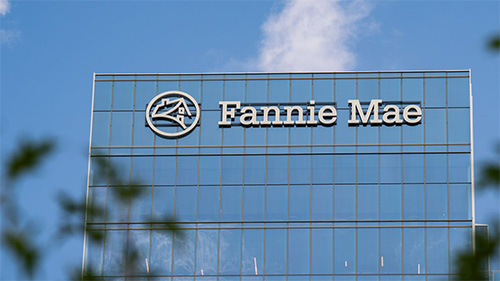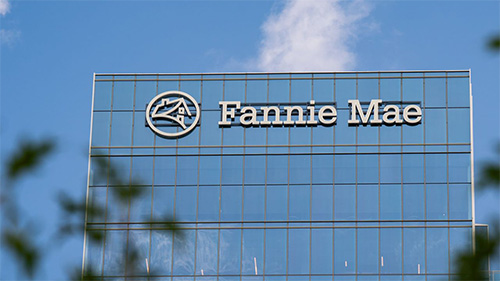Trump's Fannie Mae and Freddie Mac IPO Plan: What It Means for Housing Finance

In the US housing market, the Trump administration is moving forward with plans to privatize the government-sponsored enterprises (GSEs) Fannie Mae and Freddie Mac. The two entities, under federal oversight since the 2008 financial crisis, play a key role in the mortgage market by purchasing loans from lenders and converting them into mortgage-backed securities. The proposed initial public offering (IPO) could raise approximately $30 billion, with a total valuation of up to $500 billion.
What the IPO Means for Housing Finance?
1. Potential Impact on Mortgage Rates
Privateizing Fannie Mae and Freddie Mac could increase competition in the mortgage market, potentially lowering mortgage rates for consumers. Some analysts believe that merging the two GSEs could further reduce operating costs and government regulatory expenses, which could be passed on to borrowers in the form of lower interest rates.
2. Uncertainty about Government Support
Although President Trump has stated that the government will retain certain oversight and safeguards after privatization, the specific details remain unclear. Analysts warn that any reduction in federal support could lead to higher mortgage rates and reduced credit access, especially during an economic downturn.
3. Market Reaction and Investor Sentiment
Fannie Mae and Freddie Mac's stock prices rose sharply following the announcement, with Fannie Mae up 18% and Freddie Mac up 21%. This surge reflects investor optimism about the potential for privatization and the financial benefits it could bring.
Key Considerations Ahead
Regulatory Oversight: The extent of continued federal oversight following privatization will be critical to determining the stability and trust in the mortgage market.
Consumer Impact: While lower mortgage rates are possible, the actual benefits to consumers will depend on the competitive dynamics of privatization.
Implementation Timeline: The proposed IPO is expected to occur by the end of 2025, but the timeline is subject to regulatory approval and market conditions.
The Trump administration's plan to privatize Fannie Mae and Freddie Mac represents a significant shift in U.S. housing finance. While potential benefits include increased competition and lower mortgage rates, the success of this initiative will depend on the careful management of regulatory oversight and market reactions. As the situation evolves, stakeholders across the real estate market need to stay informed and prepare for future changes.
Recommended for you



